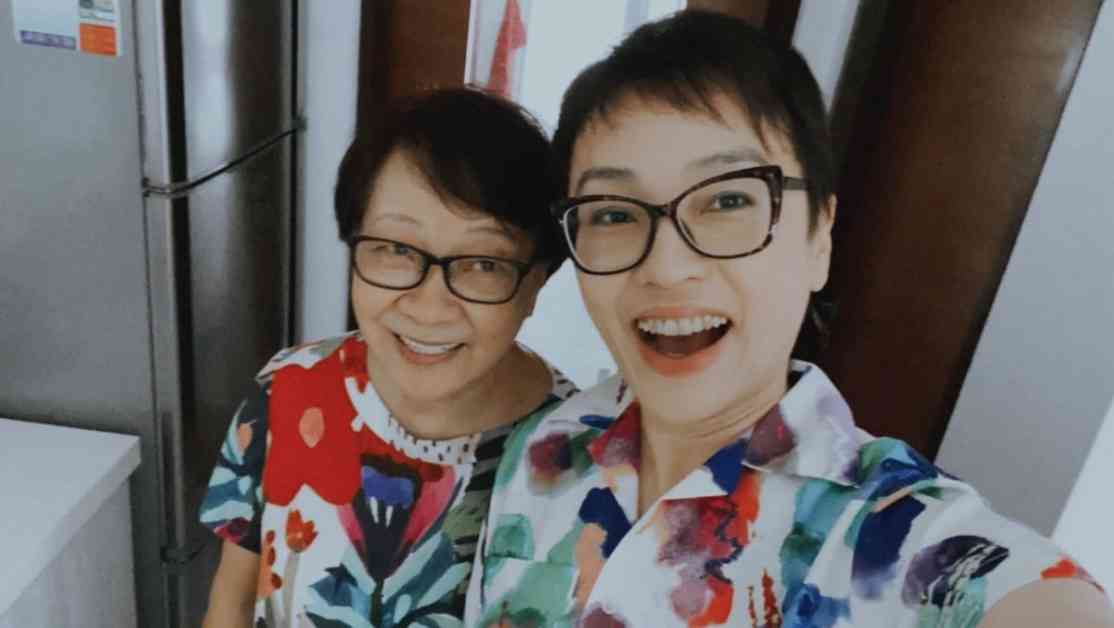It was a tough time for Genevieve Jiang when her father passed away last year in July. She found herself in a new phase of life with her mother, dealing with practical matters and an underlying grief that was hard to navigate. Her mother had relied on her father for over 52 years, and after his passing, Genevieve knew she had to step in to provide support. Moving back home was a decision she made not out of obligation, but out of instinct, even after living on her own for more than ten years.
The writer and her mother had always been close, often spending weekends together and sharing regular conversations about daily life. However, the dynamics shifted when Genevieve moved back in full-time to be there for her grieving mother. The responsibilities of caregiving weighed heavily on her, and she found herself yearning for acknowledgment and understanding in her own grief. But in their family, love was expressed through actions rather than words, and Genevieve had to come to terms with that.
Despite the challenges, the mother-daughter duo found ways to connect on a deeper level. Sorting through old photos and sharing silent moments of reminiscence brought them closer. A simple walk at East Coast Park turned into a meaningful experience, signaling a shift in their relationship. Genevieve’s efforts to encourage her mother to try new things and step out of her comfort zone marked the beginning of a new chapter for both of them.
As time passed, Genevieve settled into a new rhythm of spending weekdays with her mother and weekends at her own place. The transition from independent living to full-time caregiving came with its own set of challenges, including managing legal matters and finding a balance between supporting her mother and taking care of herself. Despite the occasional disagreements and adjustments, there were moments of tenderness and understanding that strengthened their bond.
Evening rituals became a quiet time for mother and daughter to unwind together, with Genevieve offering commentary on her choice of TV shows while her mother sat by, showing her silent support. The writer reflected on the cultural expectations of filial piety and the evolving nature of caregiving in modern families. She emphasized the importance of honoring her mother’s dignity while maintaining her own sense of self in the caregiving process.
Through it all, Genevieve learned that caregiving was not about grand gestures but about being present in the everyday moments. Sitting beside her mother, helping her with various tasks, and simply being there for her became the true essence of caregiving. The writer acknowledged the healing power of showing up for each other in times of grief and transition, no matter how ordinary the moments may seem.
As the writer looked ahead to the future, she acknowledged the uncertainties of what lay ahead but expressed confidence in the strength of their relationship. Despite the complexities and unspoken words between mother and daughter, there was a deep sense of healing in their ability to navigate life’s challenges together. In the end, love was not about fixing or changing but about staying the course faithfully and quietly, side by side.
And that’s the beautiful story of Genevieve Jiang and her mother, a tale of resilience, love, and unwavering support in the face of life’s toughest moments.


























